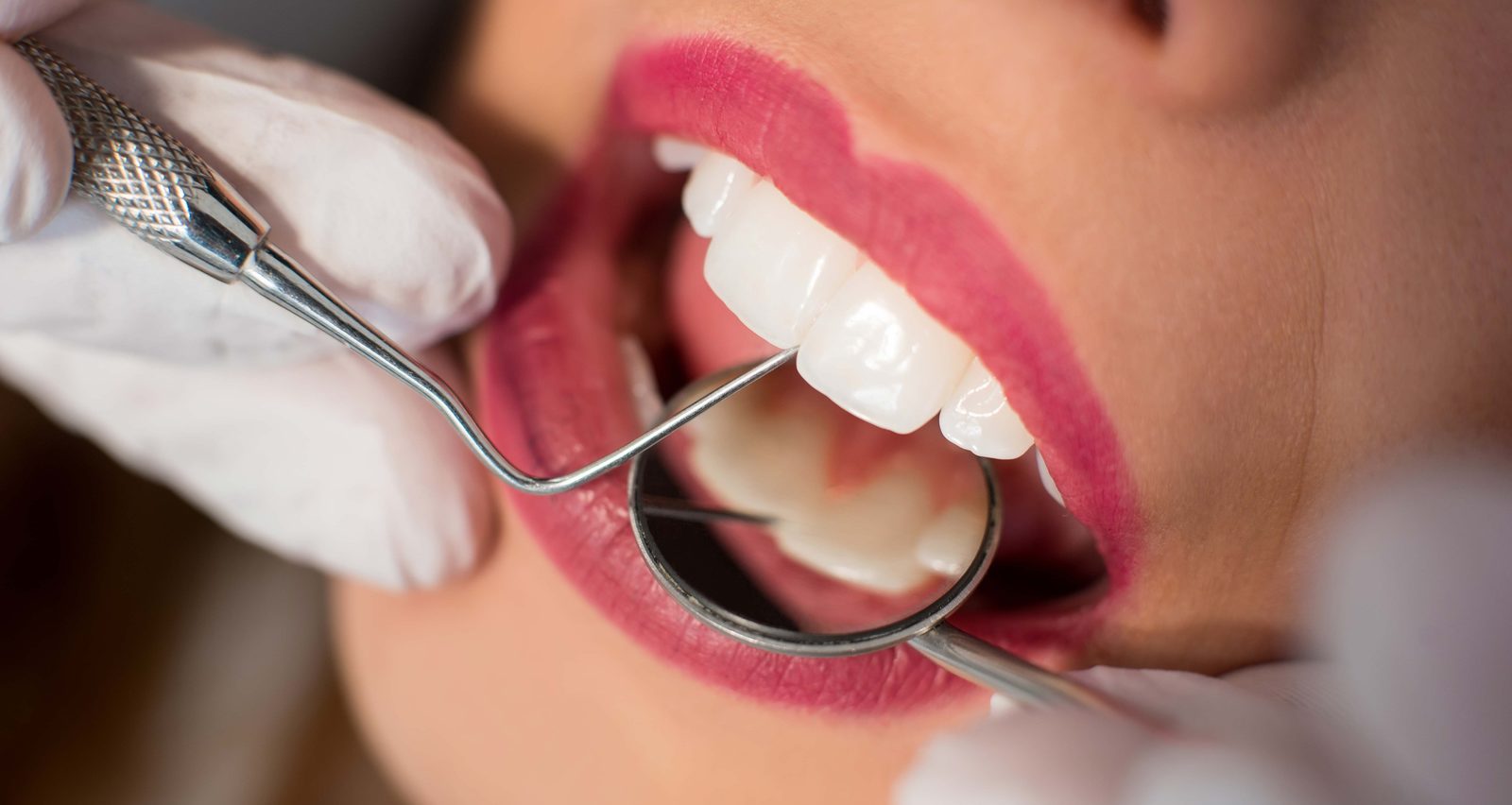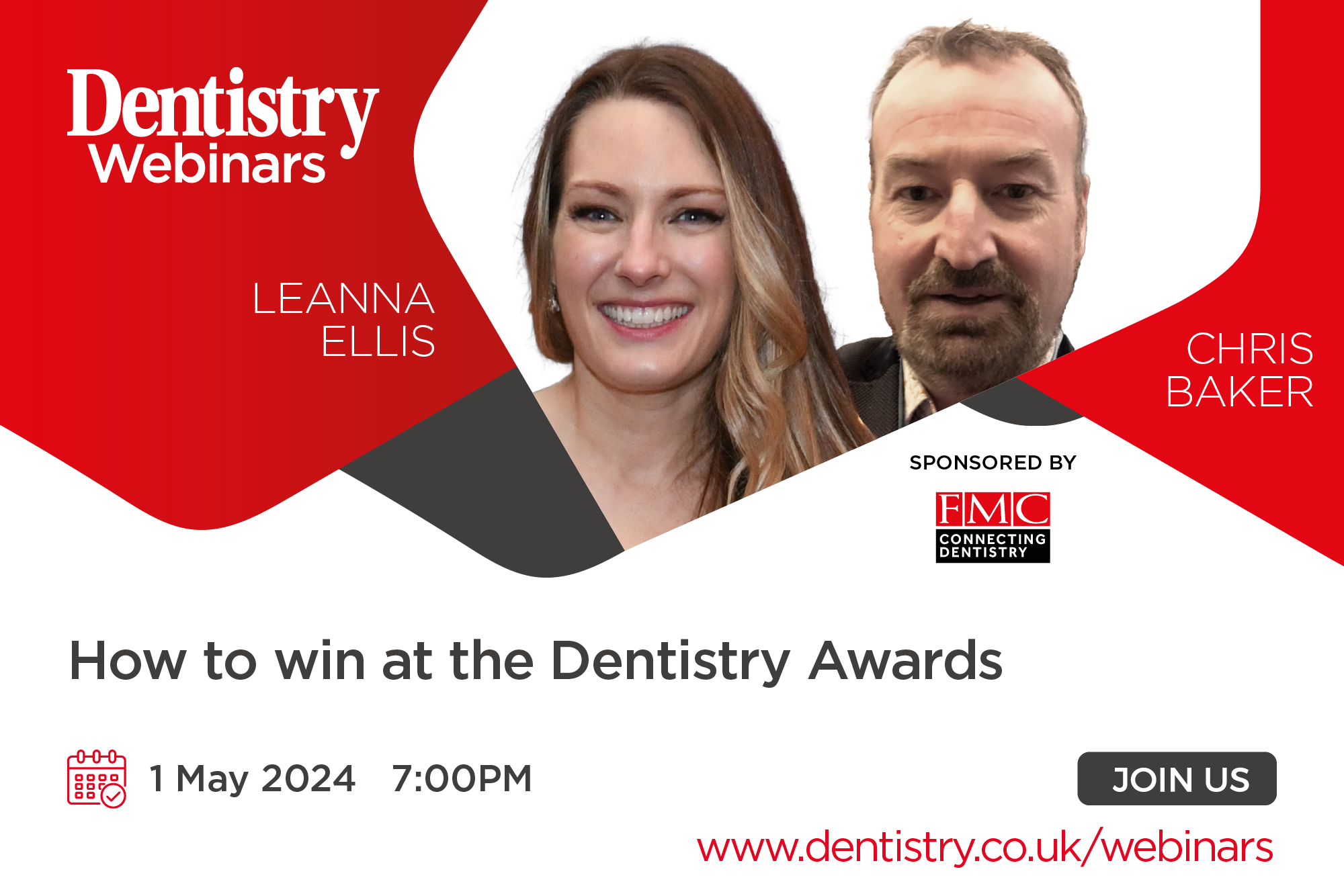 If the NHS wants to create a financially viable way of keeping dental spaces in appointment books it will need a change in culture, Michael Watson says.
If the NHS wants to create a financially viable way of keeping dental spaces in appointment books it will need a change in culture, Michael Watson says.
It believes such a move will free up space for patients who need further care, a problem that has beset the area for years.
Helen Wright from Healthwatch Kirklees, said: ‘Some people with healthy teeth are visiting dentists every six months when they don’t need to, it may be possible to increase the check up to nine, 12, 18 or even 24 months.’
They were backed by Sara Hurley, chief dental officer for England, who said that by ‘exploring public attitudes and supporting professional adherence to dental recall, the prospect of targeting access to those most in need and improving oral health is readily achievable.’
The logic of such an argument is undeniable, especially when we read from NHS Digital that of the 39.2 million courses of treatment delivered to adults in 2017-18, 58.2% were for band one treatments.
Surely some of these could more usefully be directed towards patients who need treatment.
Turning patients away
At the same time the BDA has warned that low income patients are turning away from NHS dentistry ‘in droves’, with two million fewer treatments being delivered to patients exempt from NHS charges since 2013/14 – a fall of 23% in four years.
In neighbouring Bradford, it is reported that more than 50,000 children have not seen an NHS dentist in the last year, according to figures released by NHS Digital, with similar stories being posted daily by local papers across England.
The BDA has accused the Government of an ‘unwillingness’ to engage with hard-to-reach families and saying early intervention could save money.
The association’s chair of General Dental Practice Henrik Overgaard-Nielsen said: ‘Ministers have created a hostile environment for vulnerable groups and those on low incomes who have a right to free dentistry.’
I do not feel that a culture of blame, whether it is the Government ‘creating a hostile environment’ or dentists for seeing patients who don’t need to be seen, gets us very far.
Financial viability
The dilemma arises from the way in which dentists and practices are remunerated, their business model if you like.
For the last 70 years dentists have been paid to respond to demand and built their practices around this.
In the early days, this was largely for the relief of pain and removal of sepsis.
From 1950s onwards, many patients wanted continuing care and help to keep their teeth for life.
For most this meant frequent check-up visits, often every six months, whether private or NHS.
The reduction in the edentulous population from 38% in 1968 to 6% 40 years later shows how effective this has been.
The financial viability of practices has depended for at least 50 years on having a core of regular attenders and so does their ability to deliver the required number of UDAs.
If the NHS wants to change practices so that there are always available spaces in practices’ appointment books, then they must change the financial basis within which dentists operate.
This will mean the abandoning of targets and clawback for failing to meet them.
Is NHS management up to such a change in culture, I ask.
Read more from Michael Watson:



